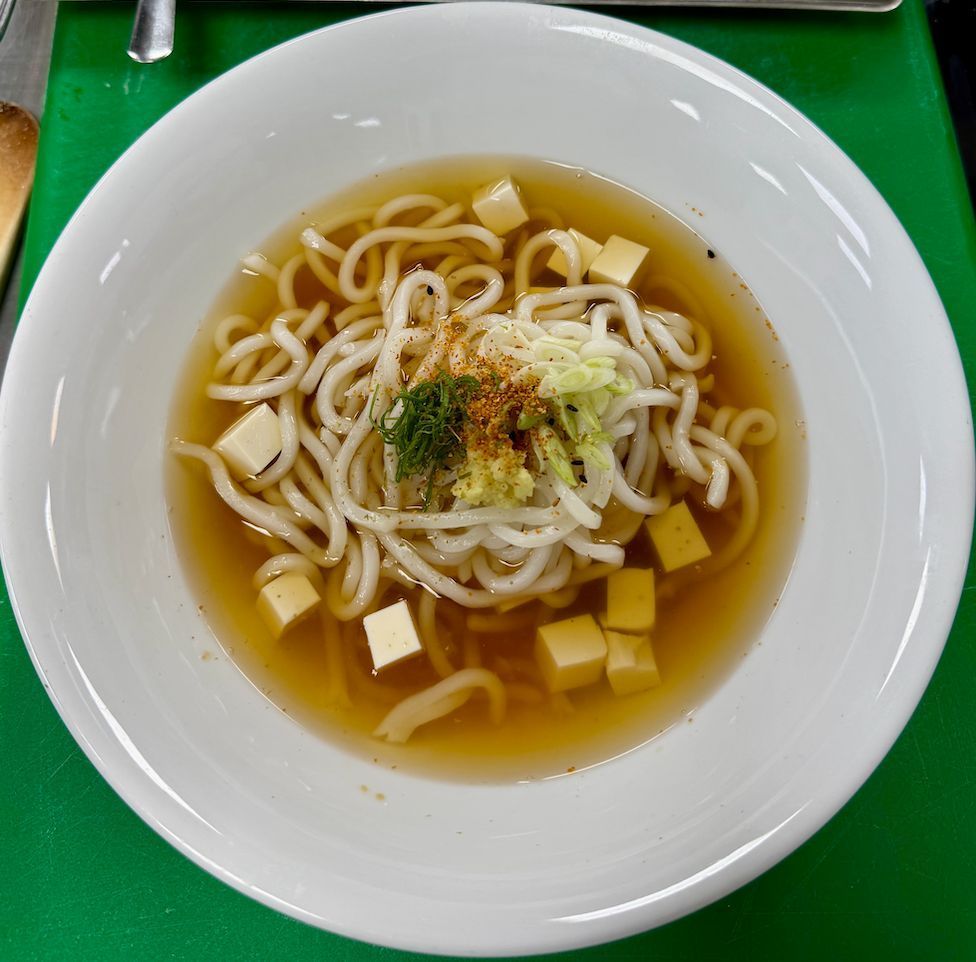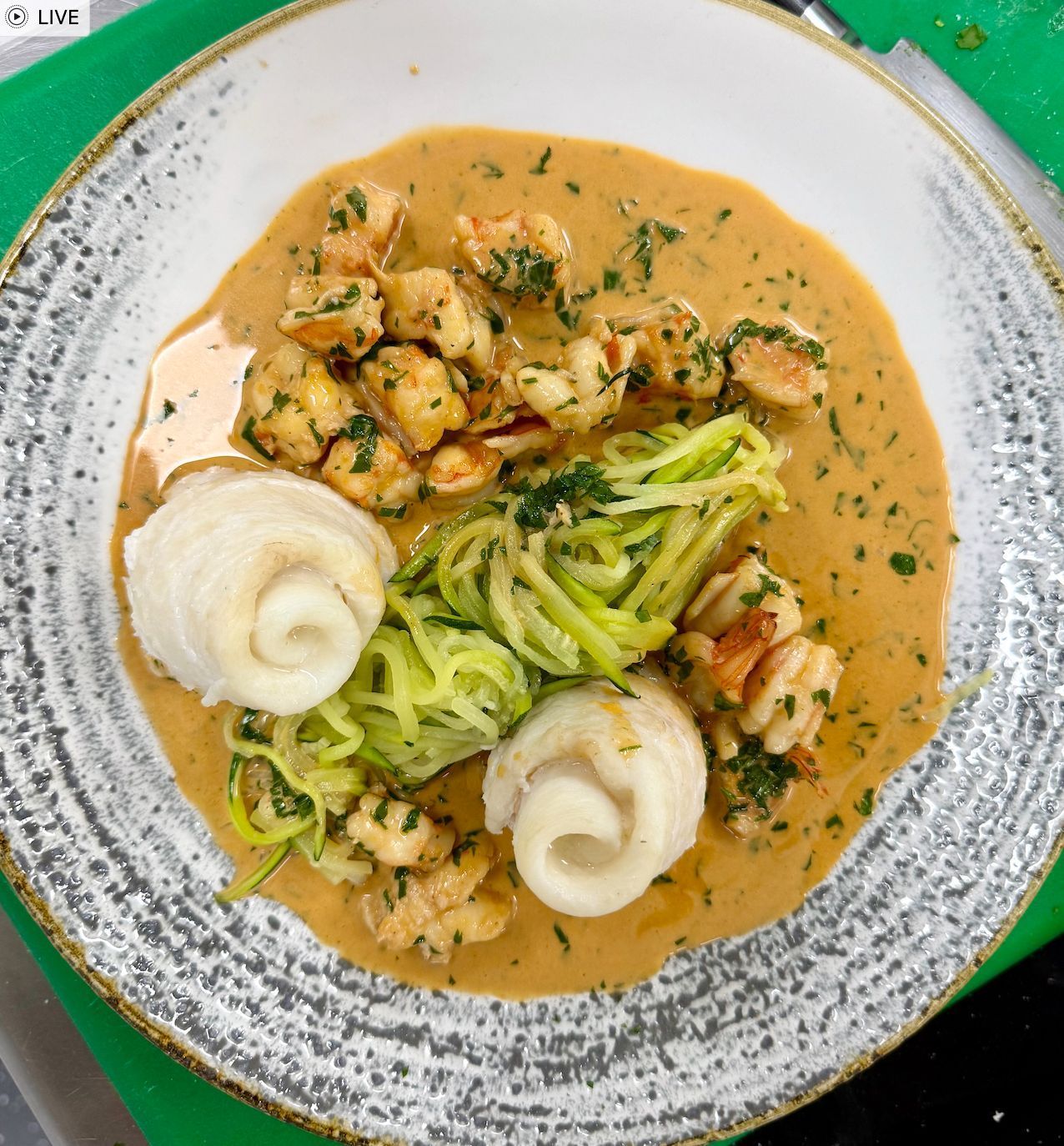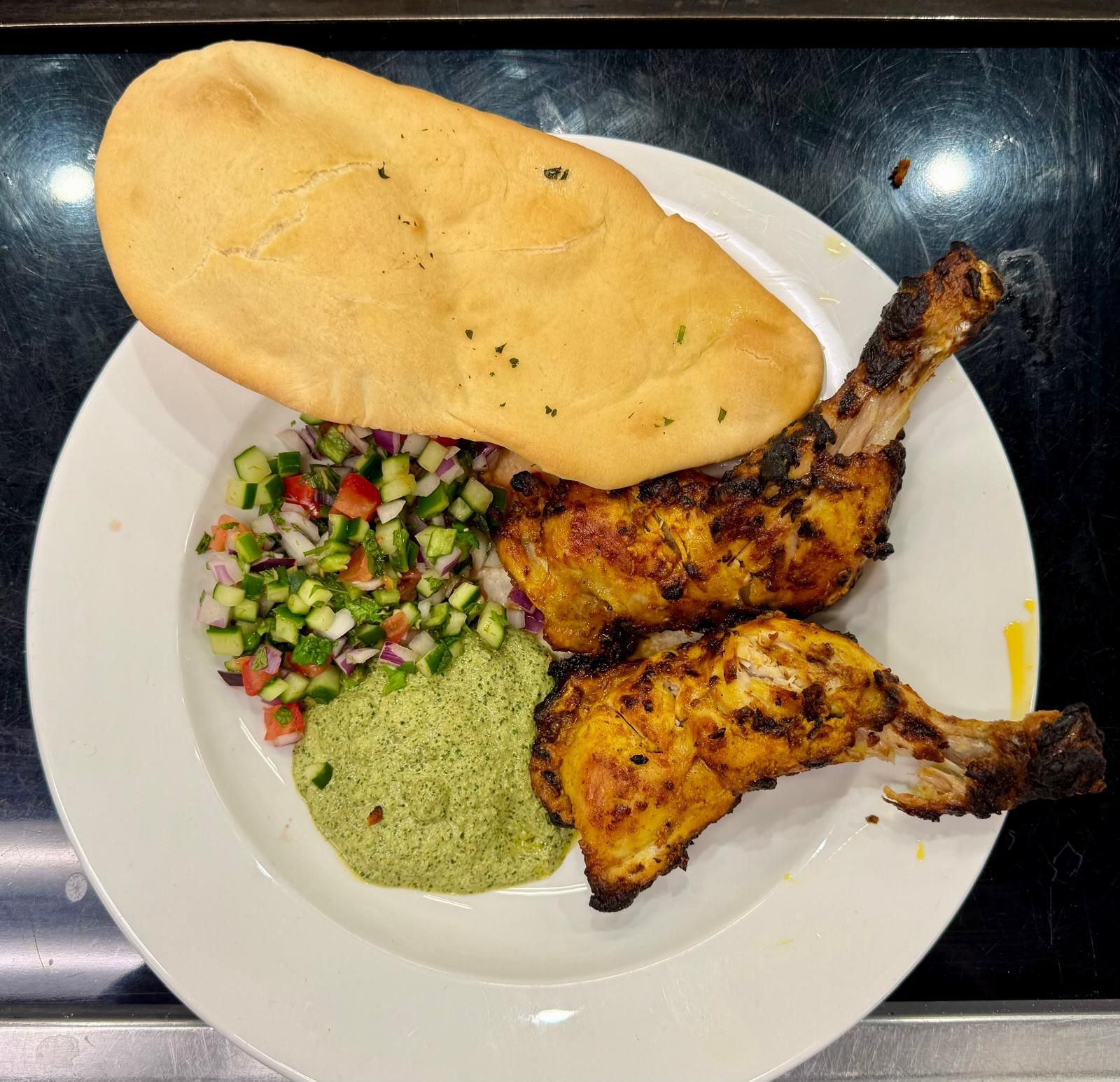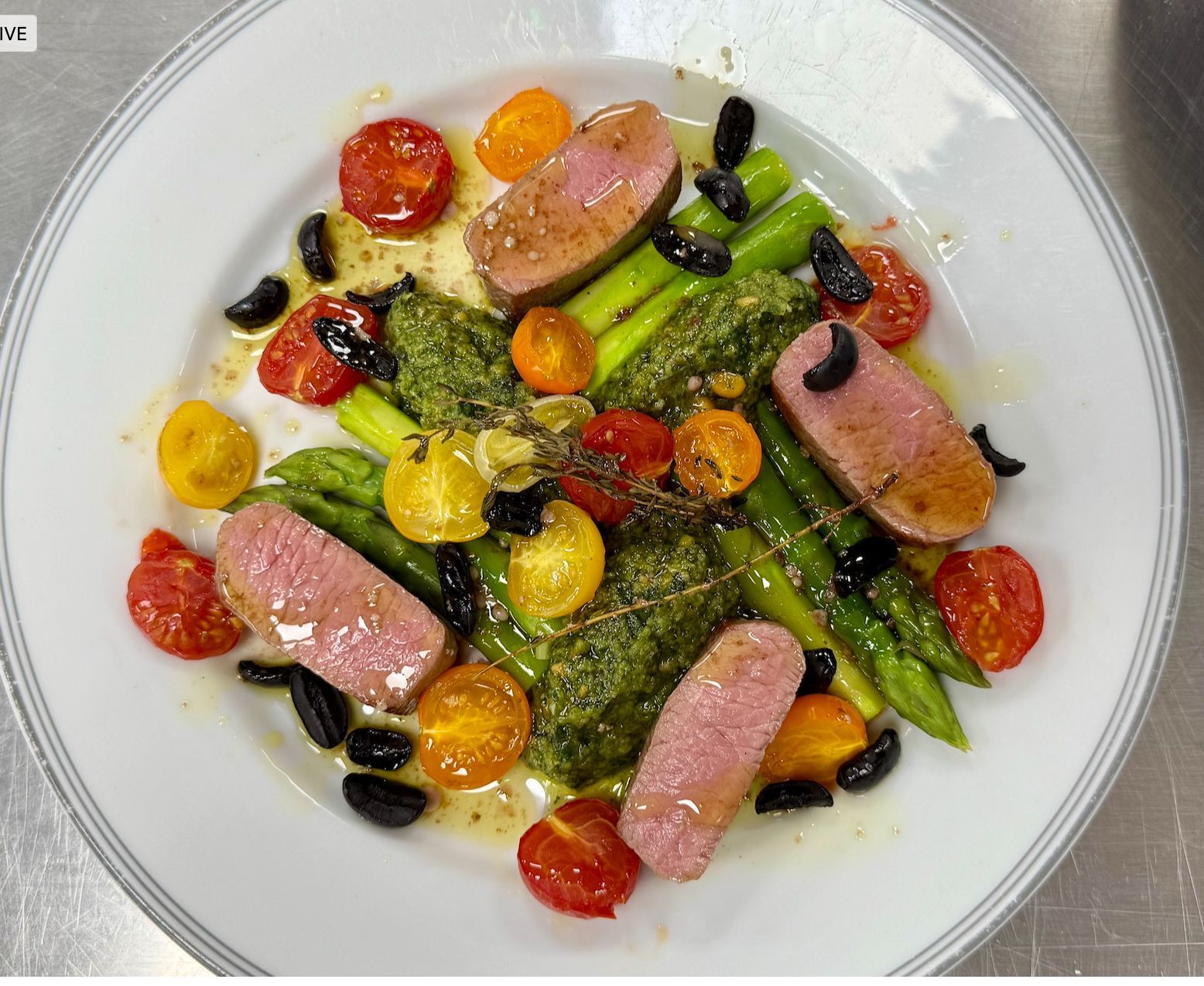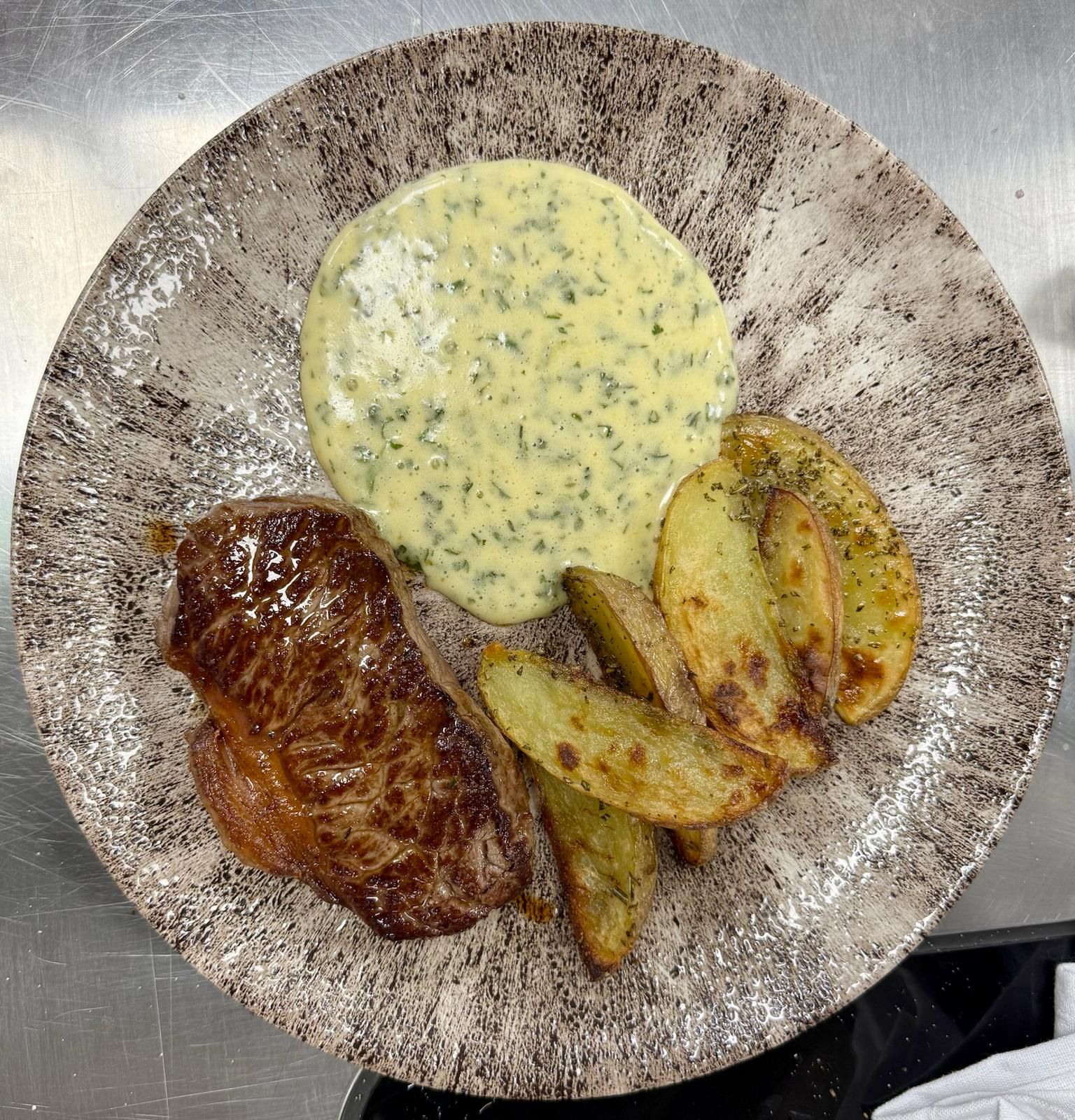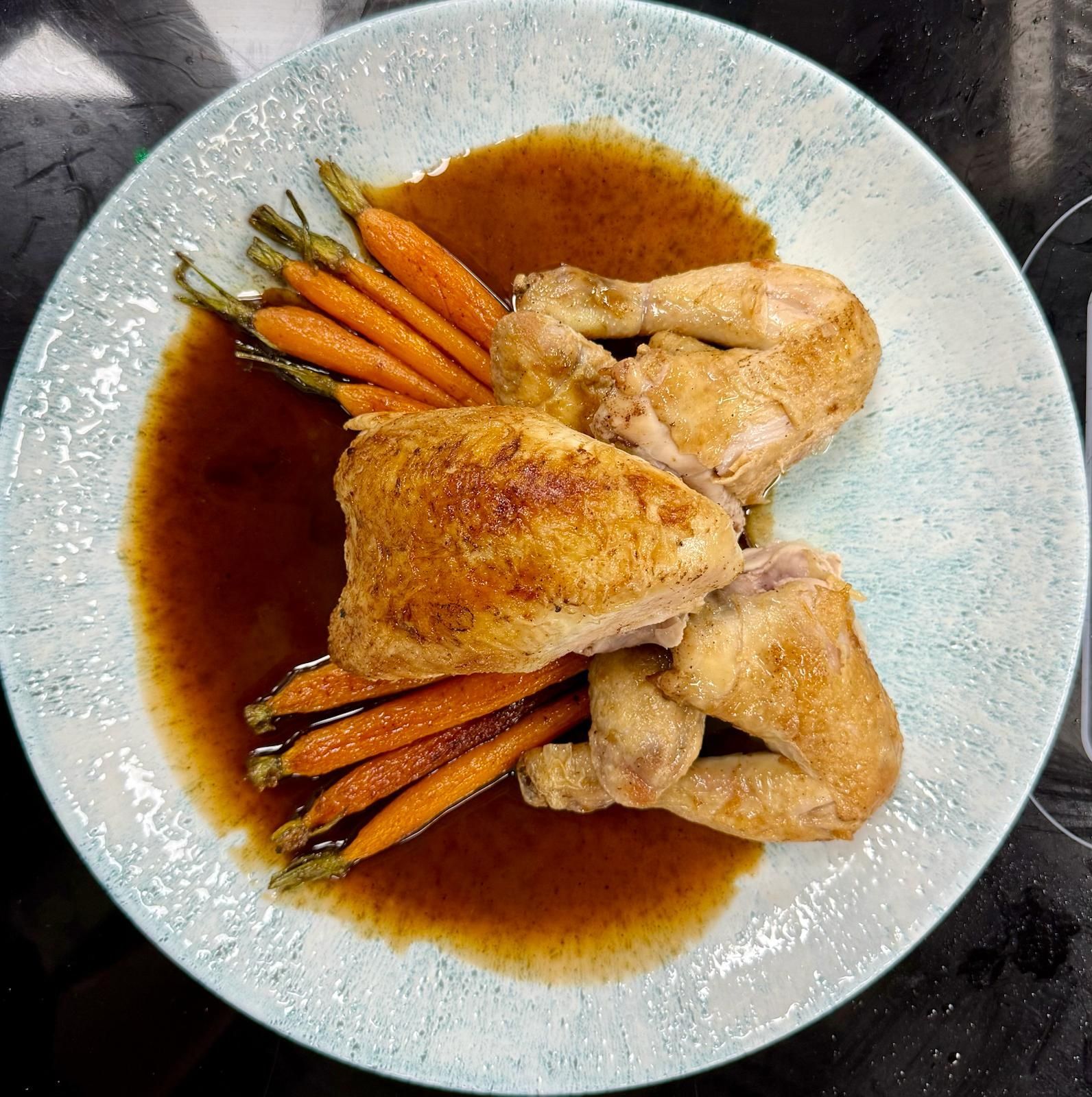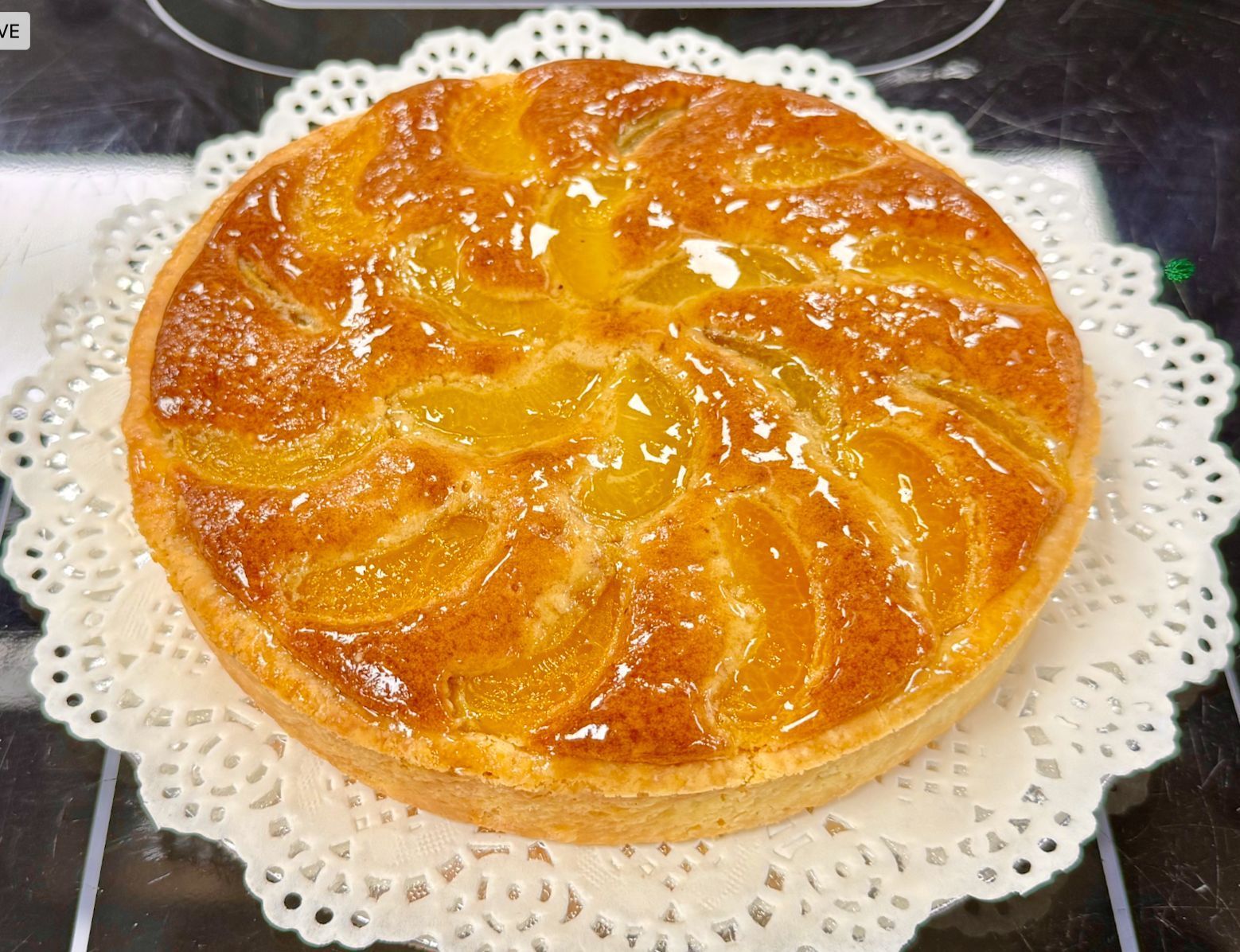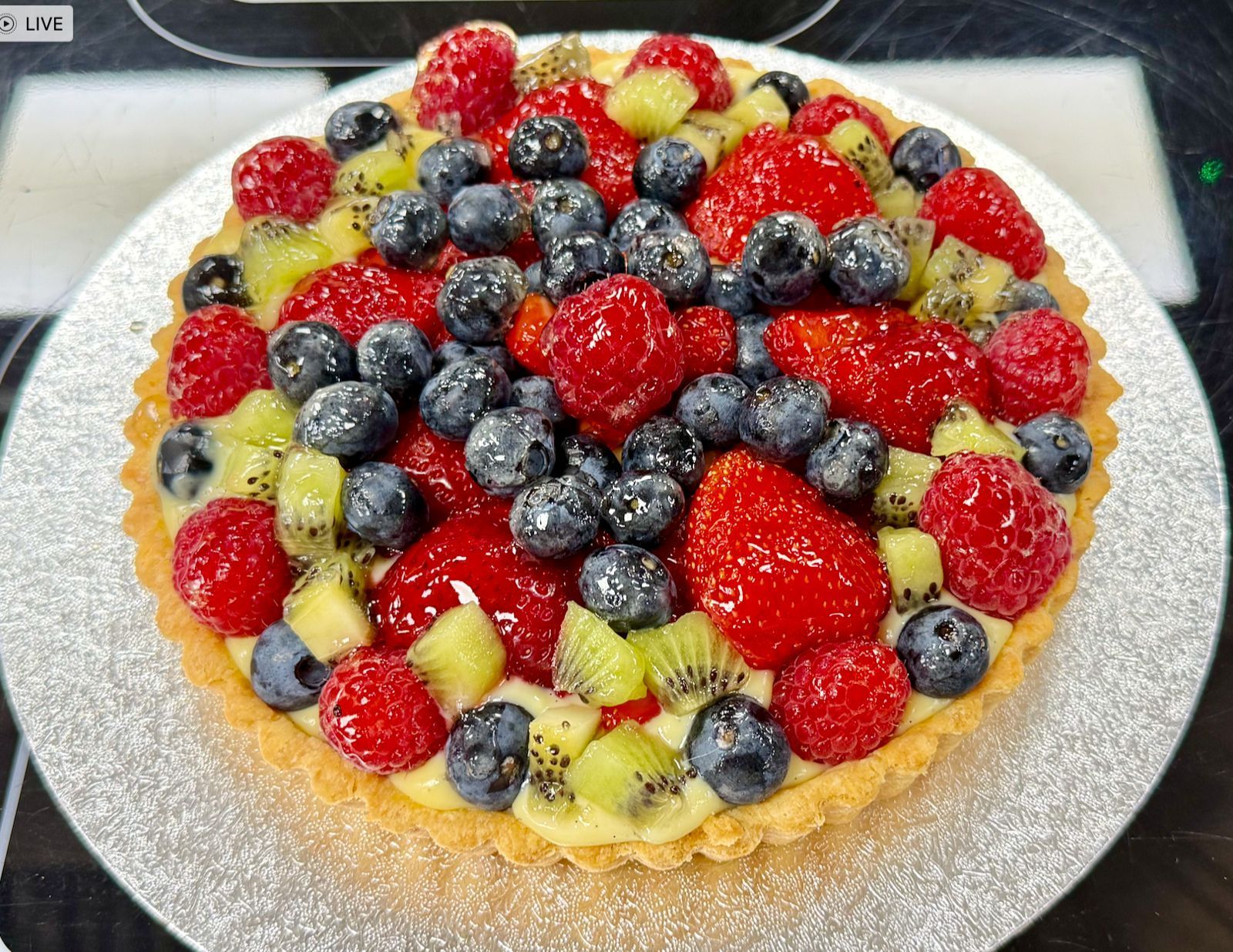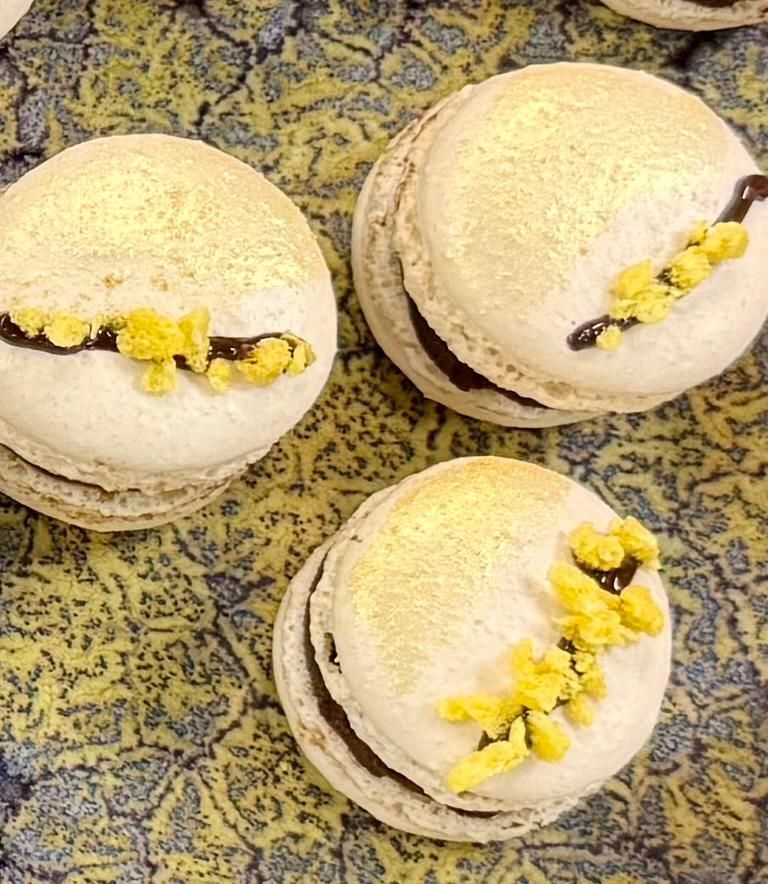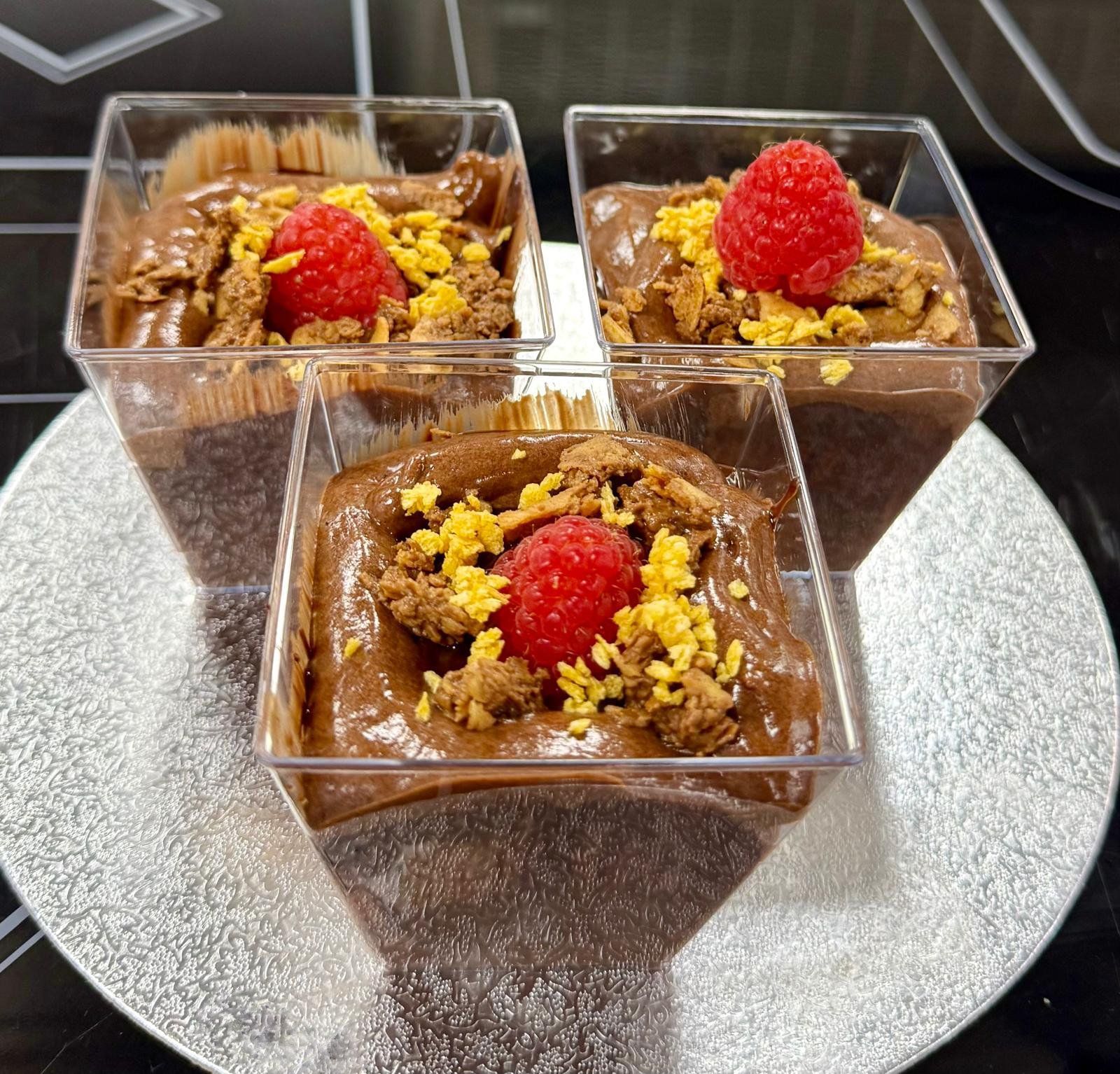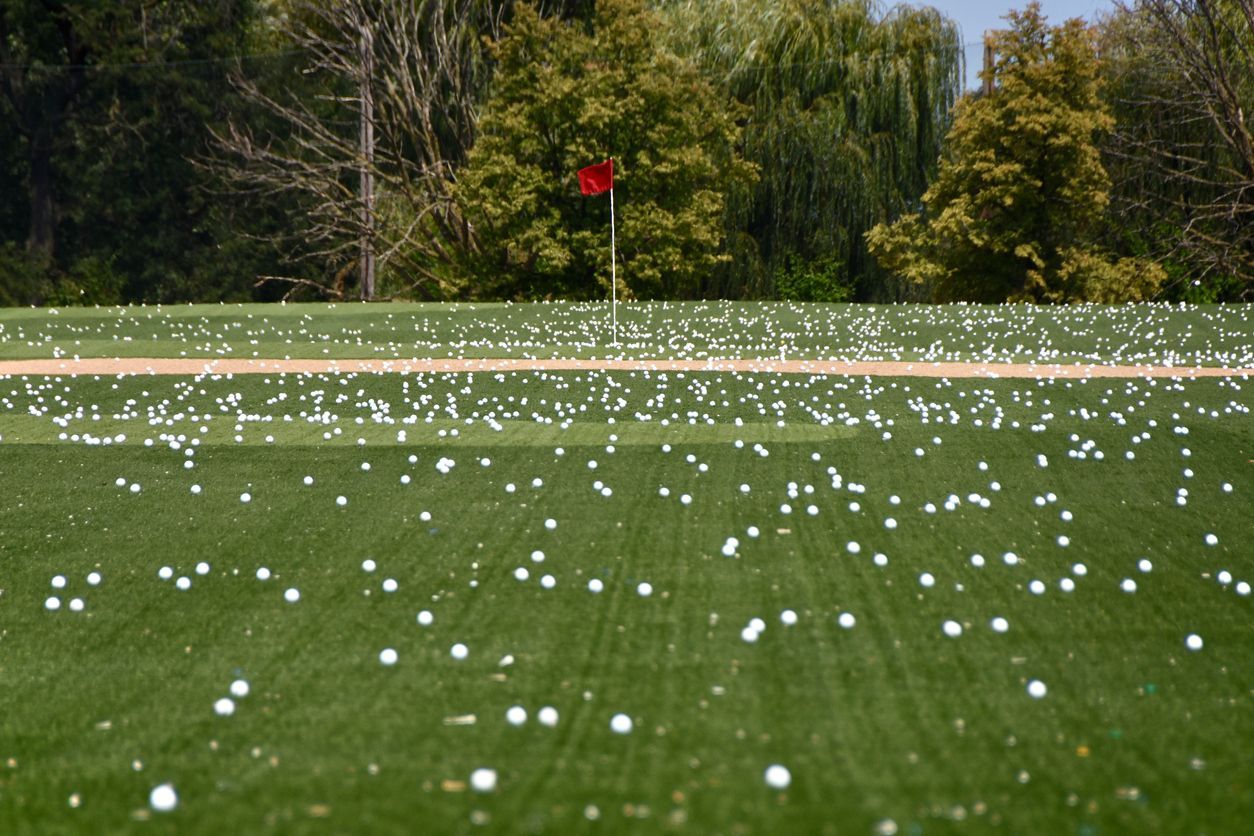Everything you need to know about Le Cordon Bleu's 'Summer Essentials' course
"It changed everything I thought I knew about cooking."
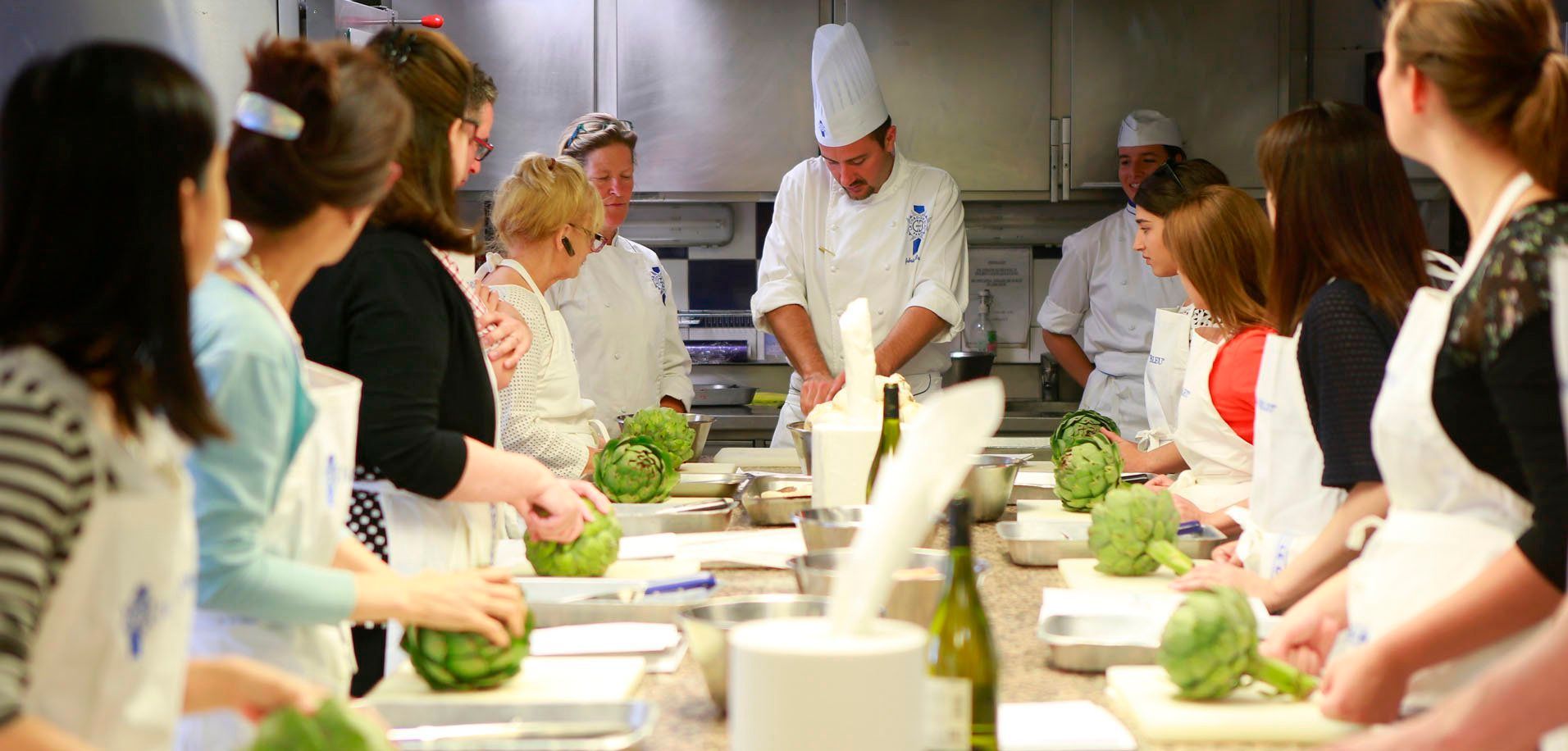
Full disclosure, I didn’t take this intensive, 3-week course at Le Cordon Bleu London. Instead, I asked my wife to go on behalf of Sabbaticals.com and share her experience. And yes, my friends have accused me of being shamelessly self-serving for dispatching her to the world’s most prestigious cooking institution! Fortunately, she’s passionate about cooking and jumped at the chance to sharpen her already well-honed skills.
Neither of us knew quite what to expect, as the 'Summer Essentials' course sits somewhere between the school’s more serious ‘Basic Cuisine’ certificate program lasting 7 weeks, and its more laid back short courses lasting anywhere from an afternoon to 5 days. Her student peers were also hard to pin down, ranging from college students (who also appeared to have been dispatched, in their case by parents) to mid-career professionals on work breaks.
Fast forward to course completion, and what was my wife’s impression?
“It changed everything I thought I knew about cooking.”
Now that’s a pretty bold statement! After all, she’s been cooking for over 20 years with a diverse portfolio of recipes. So what was it about the course that made it so impactful? It’s because Le Cordon Bleu focuses on teaching cooking fundamentals. Everything from knife skills and food preparation to baking principles and cuisine presentation. In short, you may find out that you’ve been doing some things ‘wrong’ your whole life, as was her case.
First and foremost, the course's format is extremely effective in teaching essential cooking techniques. There are chef demonstrations followed by hands-on experiences making classic French dishes in the school's test kitchens. There are also special sessions for wine and cheese, both of which my wife raved about. The end result is a newfound cooking confidence, leading to bold efforts like making homemade pasta, preparing classic French sauces and assembling fancy looking hors d'oeuvres.
Though a word to the wise - this course is not for the faint of heart! It involves 5 - 6 hours of focus and effort in the classroom and test kitchen every weekday for 3 weeks. The handful of perpetually hungover college students who joined my wife’s cohort did not always seem happy about that.
Drawing from my wife’s personal account for how the course progressed…
Week One: Humbling and Exhilarating
Walking into Le Cordon Bleu’s state-of-the-art teaching kitchens on Day 1 was both thrilling and terrifying. I didn’t really know what to expect, but knew it was going to be intense after sitting down at my “station” and flipping through the course curriculum. I really appreciated the branded apron they provided - sometimes you just need to look the part :-).
The first thing they taught us? Knife skills... All. Day. Long. And surprisingly, I really needed it! I thought I knew how to chop an onion. Turns out, I’ve been massacring vegetables for years. Under the watchful eyes of actual Le Cordon Bleu chefs, I learned the proper grip, the rocking motion, and suddenly I was in the groove. And to impress (annoy?) your friends, you can refer to your new knife techniques as brunoise, julienne, macedoine, ciseler, emincer, chiffonade, and hacher.
The dishes we tackled that first week were deceptively simple but taught us so much. That udon we made? I never realized how much technique goes into what seemed before like “noodles and broth.” The squid-ink pasta with seafood was a revelation – I’d always been intimidated by both squid and making pasta from scratch, but the instructors showed us how to make it in manageable steps.
Oh, and we had to fillet our own Dover sole on the last day of Week One. Well that was a new experience, as I usually buy prepared and packaged fish from our local supermarket. Now imagine an entire fish laying in front of you, with nothing but a knife and scissors to break it down with. Once you get over the initial shock, it was actually quite easy.
And can we talk about the special session on cheese? I consider myself a cheese lover, but I walked out of that evening session with a completely new appreciation for the craft, including its storied history. I’ll never look at a cheese board the same way again.
Week Two: Mind = Blown
If week one built our foundation, week two absolutely expanded our horizons. The plant-based section was eye-opening – and I say this as someone who’s not vegetarian. That grilled tempeh they taught us to make? Game changer. I’ve actually added it to my regular dinner rotation.
But the real showstopper was the Indian cuisine module. We had lived in Singapore for many years, so I knew what good Indian food was, though I had never attempted to make it myself. This course changed that. I learned there are multiple steps and a lot of spices involved, but the instructors made it feel achievable. The naan we made from scratch was so much better than anything I’d ever had from a restaurant.
The special wine lecture was another highlight – learning to pair wines with the dishes we were creating added a whole new dimension to the experience. And don’t get me started on the sous-vide techniques. I never thought I’d be the type of person to own a sous-vide machine, but here we are.
The sauce instruction was perhaps the most valuable of all. Béarnaise, Madeira jus, Mornay – these weren’t just fancy restaurant mysteries anymore. They were tools in my arsenal. The confidence that comes from nailing a perfect Béarnaise is hard to describe.
Week Three: From Student to Chef
By week three, something had shifted. We weren’t just following recipes anymore; we were understanding the 'why' behind each technique. The patisserie module pushed us into entirely new territory. I’d always been more of a savory cook, but making macarons from scratch and mastering pastry cream felt like unlocking a secret.
An added advantage of doing a summer course is of course the availability of amazing seasonal ingredients. The fruit we used for patisserie recipes was better than anything I'd seen at home (which is saying a lot, given local farmers markets!). Armed with such great supplies, I learned core French skills for shortcrust and puff pastry, classic cake methods, meringue and fancy presentation.
Speaking of which, I had never thought much about presentation before, I mean who cares? Well, Le Cordon Bleu does. The school places a strong emphasis on appearance in its culinary philosophy and curriculum, regarding it as a critical component of professional cooking and the dining experience. I get it now - the desserts we prepared were both delicious and beautiful (note the gold powder on the macarons!).
At the end of this week, the group cocktail buffet was the perfect finale. Working as a team to prepare everything from white gazpacho to summer pavlova felt like a real restaurant kitchen experience (but without the Gordon Ramsey drama). The energy was incredible – organized chaos at its finest. When we finally sat down to enjoy our creations and receive our certificates, I felt genuinely proud of how far we’d all come.
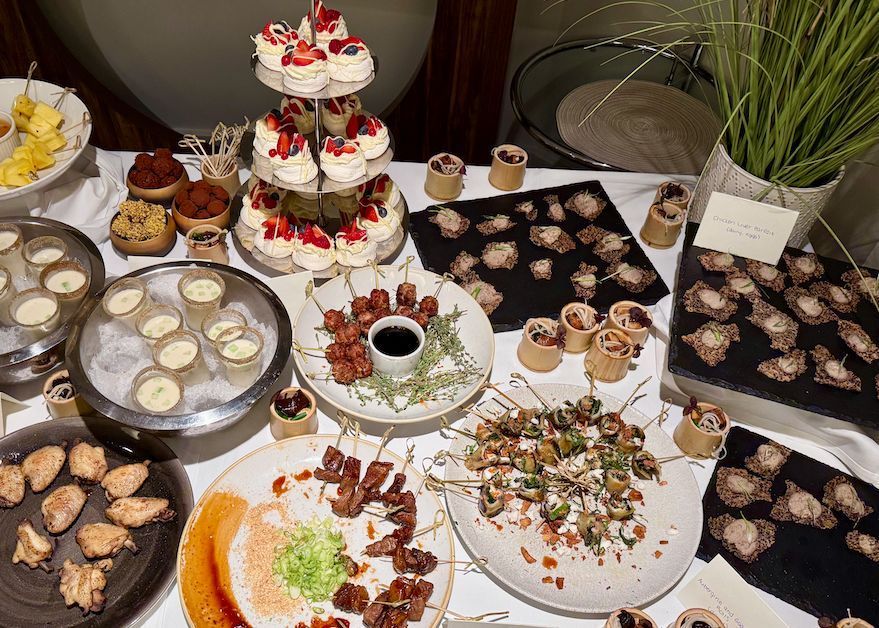
Final Thoughts
It’s been 2 months since I completed the course, and the changes in my cooking are dramatic. I’m faster, more confident, and willing to try new techniques I would never have attempted before. My knife skills alone have probably cut my prep time in half. I’ve made fresh pasta multiple times, successfully executed various sauces, and even attempted some of the more complex dishes we learned - my favorite continues to be sticky ribs.
But beyond the technical skills, there’s something deeper. Cooking has become meditative rather than stressful. I understand ingredients better, I can taste when something needs acid or salt or heat, and I’m not afraid to deviate from recipes anymore.
Lastly, I'm much more thoughtful about safety, whether that be always leaving a pot holder on hot pans or ensuring knife edges are face down as I move about the kitchen. Such habits are a credit to Le Cordon Bleu, and now part of my DNA.
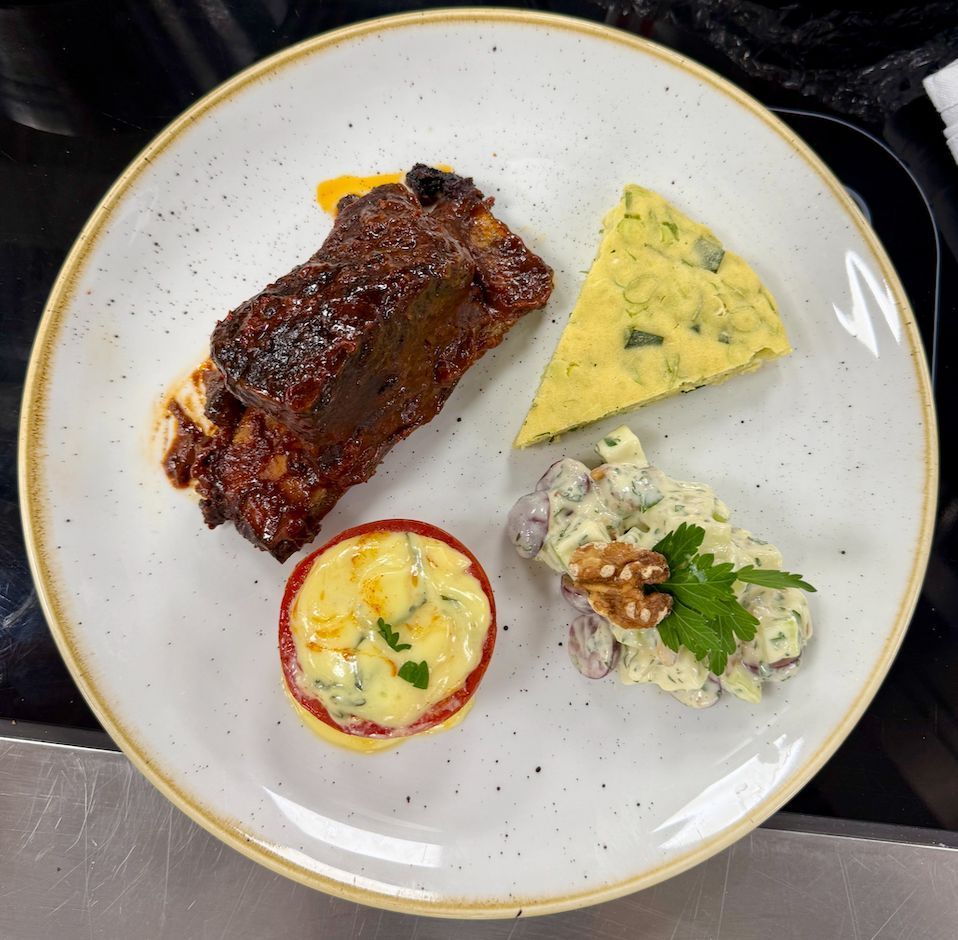
In Summary...
Three weeks might seem like a big time commitment for a culinary arts course, but for someone with limited time availability, it can be the perfect break. Intensive enough to really learn, but not so long that it disrupts life completely. Though the course isn’t cheap, when you consider the techniques learned, the confidence gained, and the “aha!” moments experienced, it feels like incredible value that will continue to pay off for as long as you're near a kitchen.
If you’re on the fence about taking a culinary course, especially if you’re a home cook who feels like you’ve hit a plateau, we can’t recommend this course enough. The Le Cordon Bleu London instructors are patient, knowledgeable, and genuinely passionate about teaching. The small class sizes also mean you get real attention and feedback.
Sabbaticals.com provides unforgettable culinary arts experiences in London for people taking extended time off, including tuition at Le Cordon Bleu London, luxurious accommodation and local concierge services. Whether you're interested in the longer certificate programs or shorter courses like Summer Essentials, please contact us to plan your perfect sabbatical or work break!


